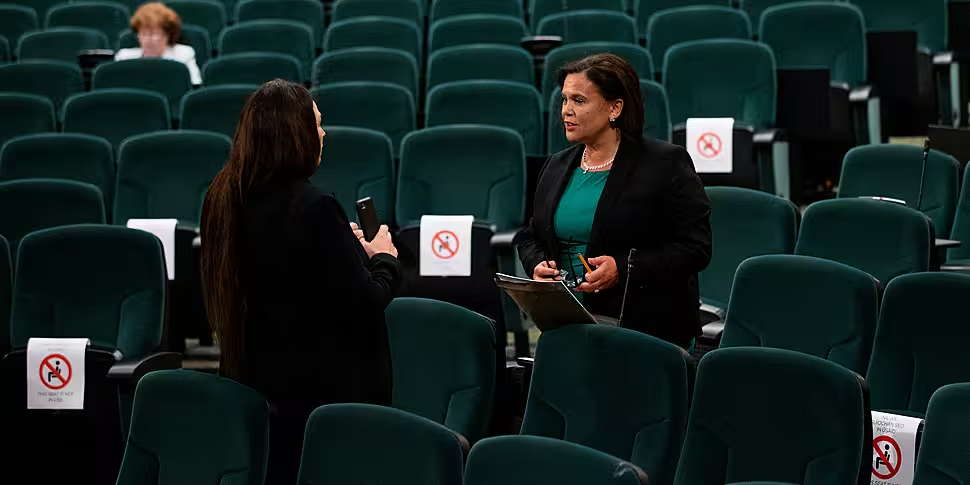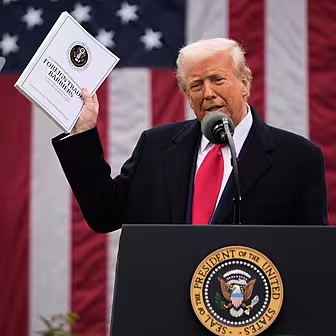Sinn Féin TDs staged a walk-out in the Dáil during the annual vote on legislation to extend the powers of the Special Criminal Court.
TDs must vote every year on whether to allow the non-jury court to continue for another year.
During last night's voting block, Sinn Féin TDs left the chamber ahead of the vote.
The party abstained in the vote last year, but they had previously always opposed the legislation on the Special Criminal Court.
Strange scenes in the Dáil tonight as Sinn Féin TDs walked out of the chamber ahead of the annual vote on extending the Special Criminal Court. Last year they abstained, had always voted against the Court previously pic.twitter.com/KuQSiCt5p7
— Seán Defoe (@SeanDefoe) June 23, 2021
In the end, just seven TDs - five from Solidarity / People Before Profit and two independents - voted against the proposals, while Social Democrats abstained.
The Sinn Féin decision drew criticism from the opposition and Government parties.
PBP TD Paul Murphy said it was a "terrible decision [for Sinn Féin] to abandon their opposition" to the court.
Junior Minister Sean Fleming, meanwhile, expressed anger in the Dáil at the incident.
He said: "I want to know why Sinn Féin have left the building rather than come in and exercise their democratic duty in the national parliament on a matter as serious as this.
"They've abandoned the national parliament in favour of their own political agenda."
Sinn Féin last year said they wanted an independent review of the laws around the Special Criminal Court.
A review group has since been appointed, and SF said they would therefore not oppose the legislation this year as the review is ongoing.
However, SF Kerry TD said the party still believes the legislation "is outdated and belongs to another era".
The Government has repeatedly said the non-jury court is still needed, arguing that terrorists and organised criminals are still a risk to the State.
However, some left-wing TDs have been vocal in their opposition to it, with Mick Barry saying the legislation governing the court's operation is "draconian and repressive".
The Irish Council for Civil Liberties, meanwhile, says the court "continues to represent the single biggest denial of fair trial rights in our legal system".









